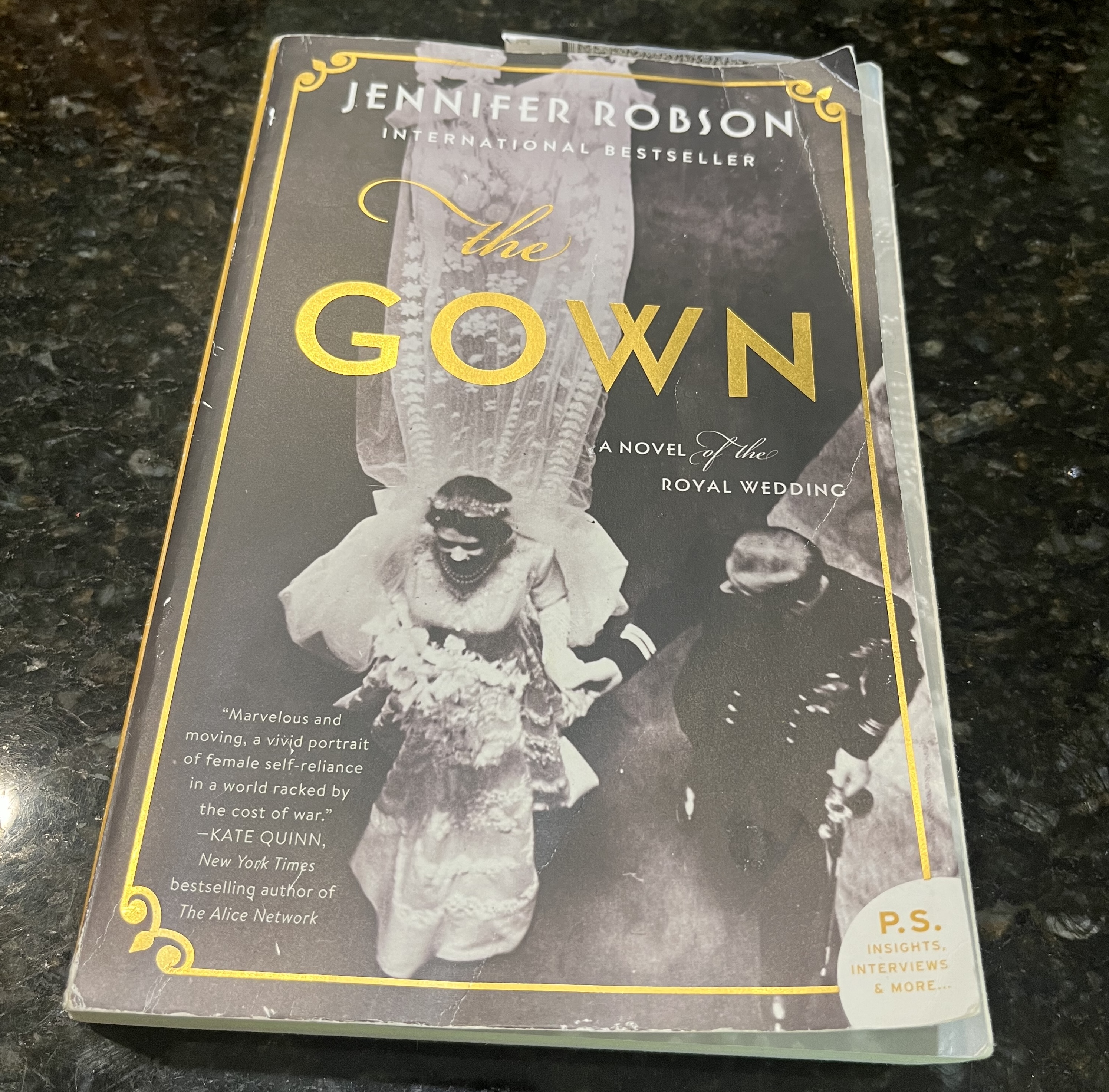Last night, I was walking home from my neighborhood book club, and my mind was still turning over a conversation we had. We’d just finished The Gown by Jennifer Robson, a work of historical fiction set in post-WWII London. The story follows two seamstresses who embroidered Queen Elizabeth’s wedding gown, a project filled with quiet dignity and national pride.
One moment in the book stuck with me. Though the two lead characters handled most of the embroidery, their boss, Mr. Hartnell, invited every employee to stitch at least a small section. That way, everyone in the shop could say, truthfully, “I helped make the Queen’s gown.” A gesture both symbolic and sincere.
During our discussion, one of my friends mused, “Can you imagine a leader doing something like that today?” Around the room, heads nodded. Most agreed that today’s workplace can feel too fast, too transactional, too focused on output to make space for gestures like that.
But I pushed back.
Yes, there are workplaces that operate purely by numbers and deliverables, but there are also leaders who still understand the human side of work. I’ve seen them. In fact, I have had the privilege to work with many of them.
One client, a CEO, upon learning that an employee had been in a serious car accident, left a full calendar of meetings behind and rushed to the hospital.
Another client, a school principal, bakes loaves of bread for every single staff member as a holiday gift. One year, after a snowstorm canceled school, he waited until the roads cleared… and then personally delivered 33 loaves to his faculty’s front doors.
A sales manager who received two highly coveted Madonna concert tickets didn’t keep them. Instead, she held a lottery among her top-performing reps and gave the tickets to the winner. No fanfare. Just a quiet way of saying, “You matter.”
Moments like these remind me that pride and purpose still live in today’s workplace. They show up in small, meaningful gestures—acts that say, “You belong,” “You’re valued,” “You contributed.”
So here’s my question for you:
When have you felt truly proud of your work? Who made that possible? And if you lead others, how do you create those moments of meaning?





0 Comments